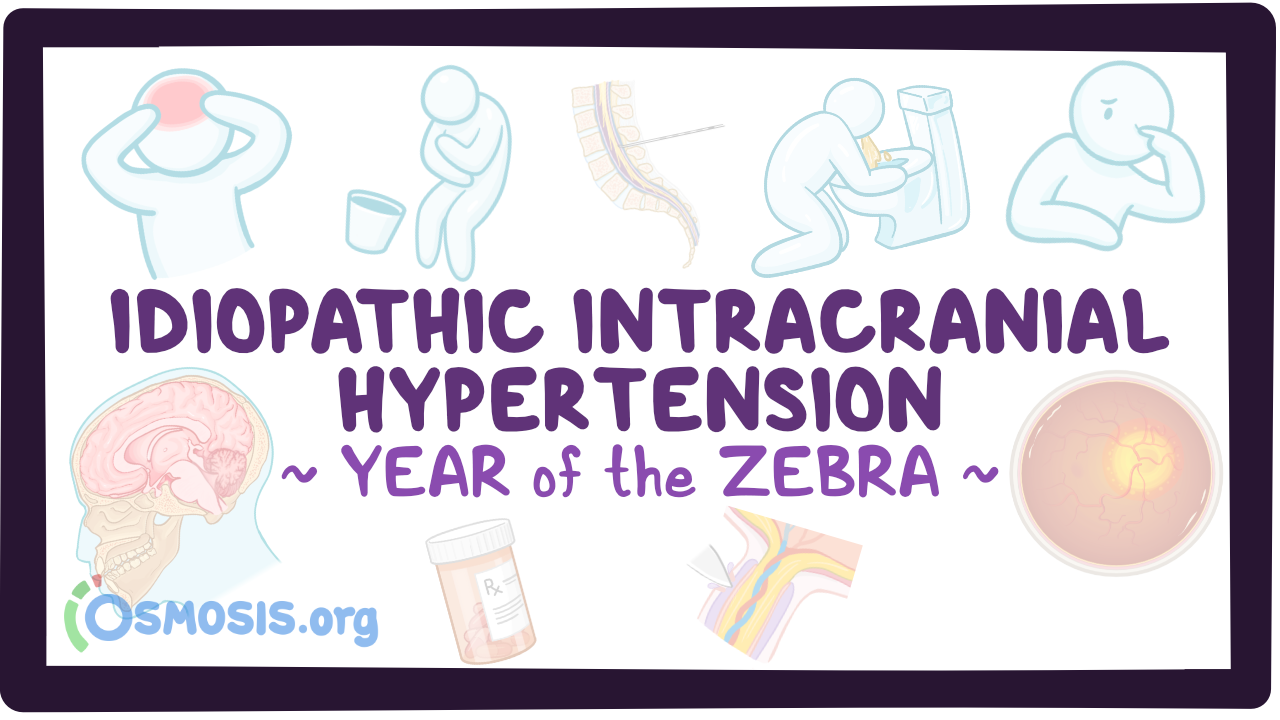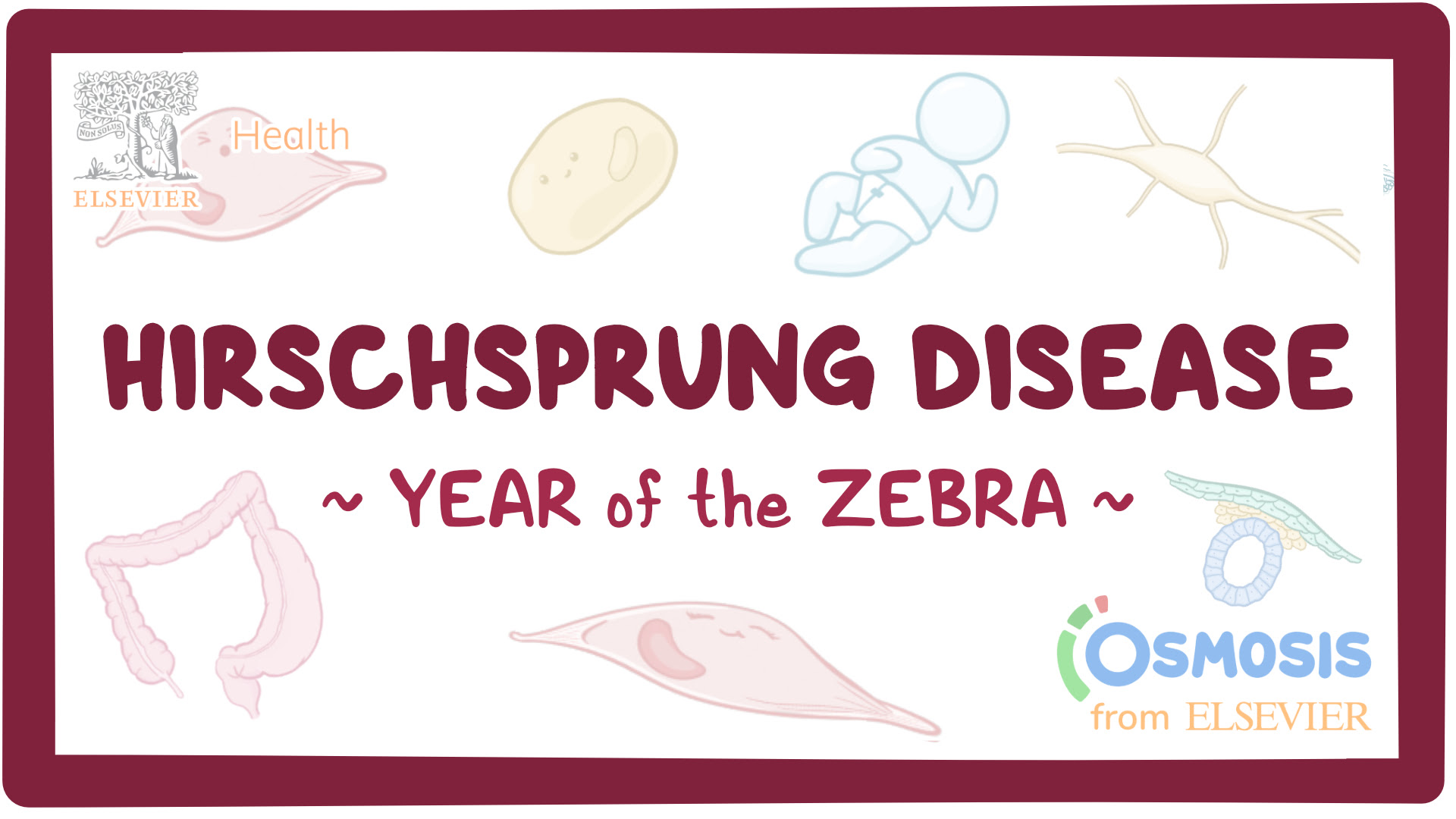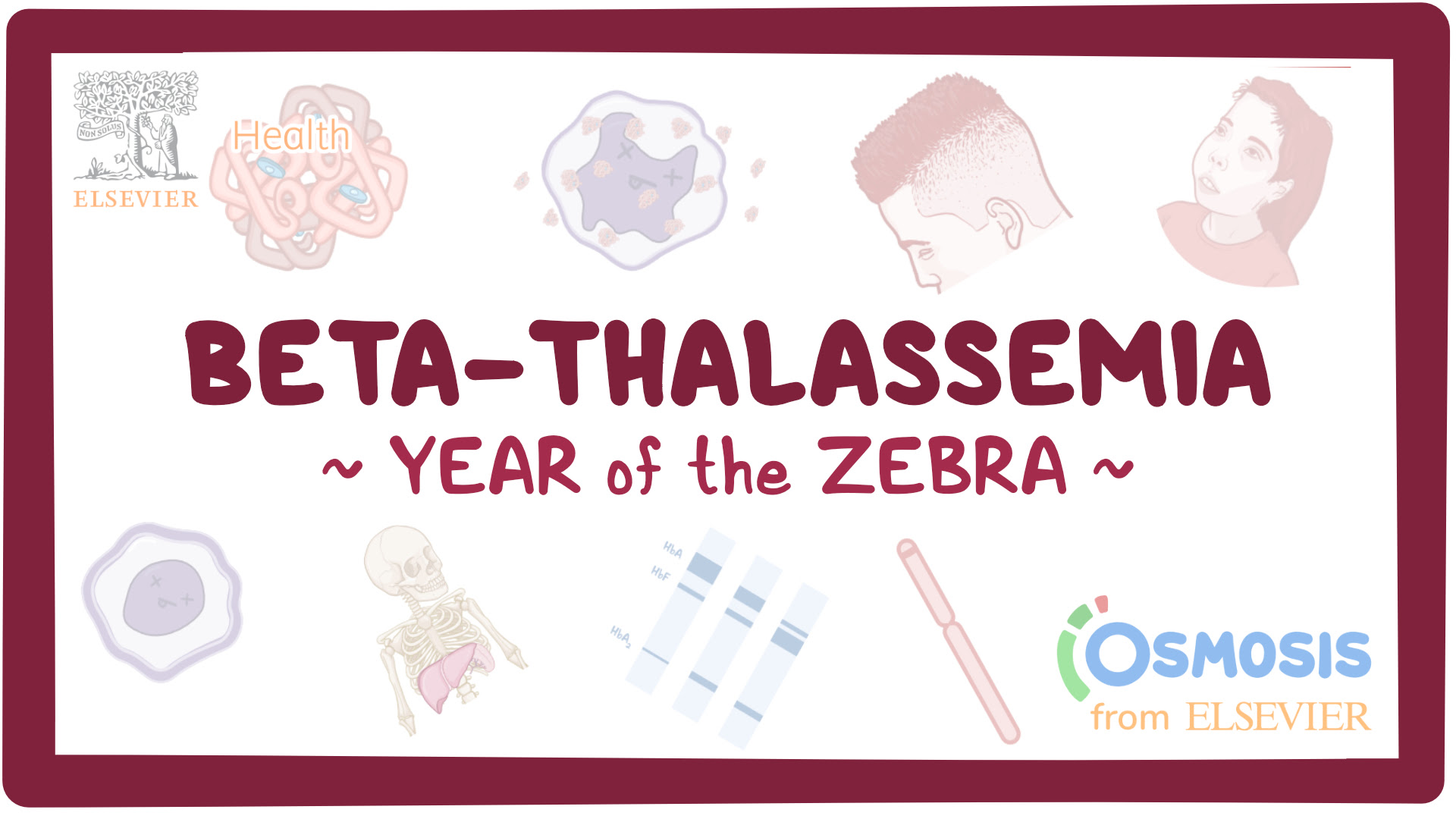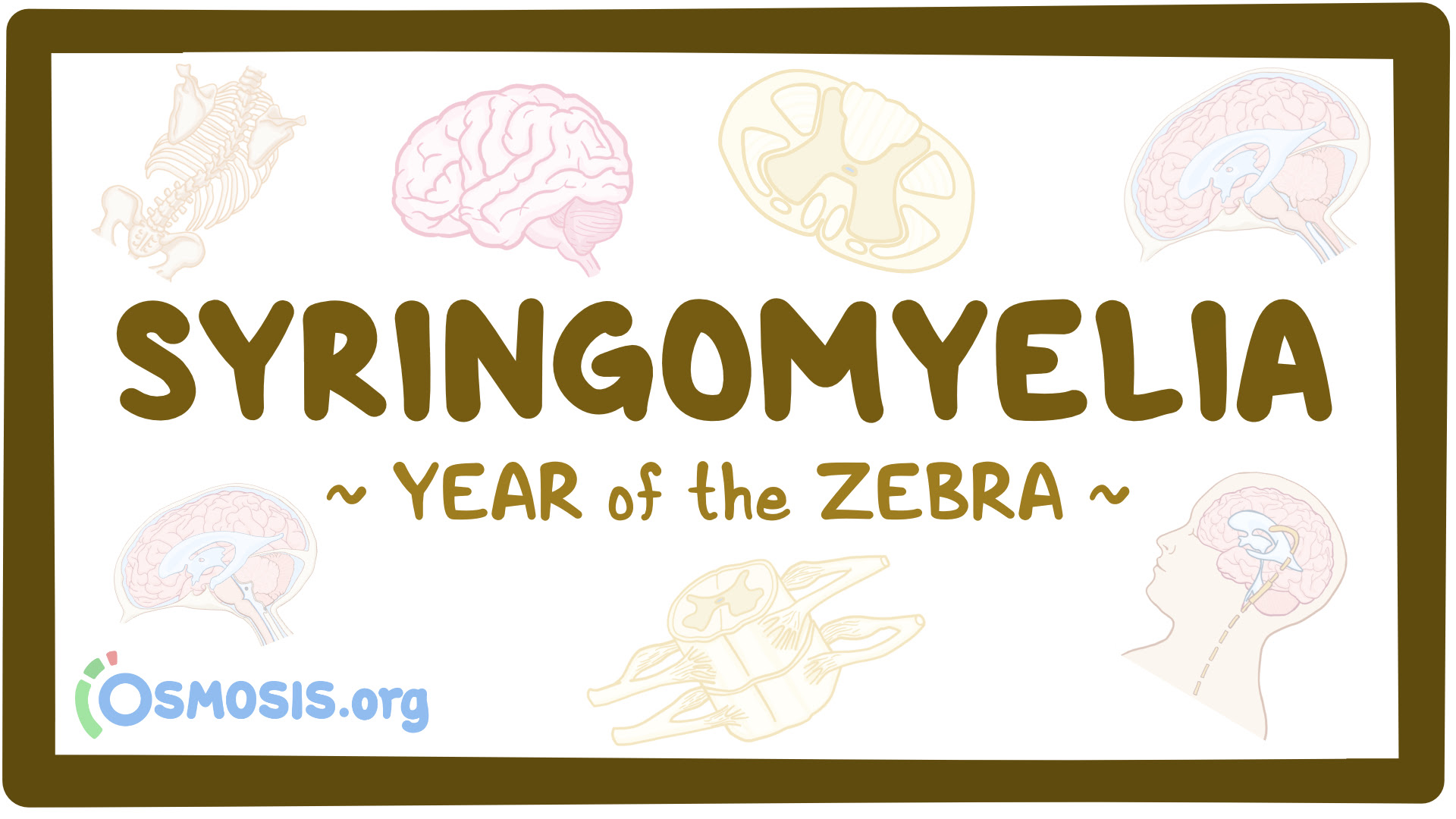This chapter aligns with Goals 13 and 15 by providing a reminder of the wide range of essential ecological benefits of forests and of the many products and services humans derive from forests, and then summarize three hallmarks of healthy forests across ecosystems and conclude by leveraging what we know about forests in the past to propose five key principles for future forest management.
This chapter aligns with Goals 13 and 15 by reviewing the latest literature about plant–microbe and microbe–microbe interactions in coordinating the interlinked carbon, nutrient, and water cycles, and we estimate how these may respond to the key global change factors of CO2, temperature, and precipitation.
The UN Global Compact Network UK, in partnership with Irwin Mitchell, has developed the SDG Playbook for SMEs: a step-by-step guide to help smaller companies unlock the competitive advantages associated with embracing the Sustainable Development Goals.
This paper supports SDG 3 and 8 by examining both the role of working conditions in the development of mental disorders, and what can be done to protect and promote mental health in the workplace.
Analysis on the word "Schizophrenia" used as a metaphor; and the rethorical functions on mental health language
This article relates to SDG 3. This resource, created together by Osmosis and the National Organization for Rare Diseases (NORD), aims to increase the knowledge and awareness about Rare Disease Education: Idiopathic Intracranial Hypertension
This article relates to SDG 3. This resource, created together by Osmosis and the National Organization for Rare Diseases (NORD), aims to increase the knowledge and awareness about Rare Disease Education: Hirschsprung Disease
This article relates to SDG 3. This resource, created together by Osmosis and the National Organization for Rare Diseases (NORD), aims to increase the knowledge and awareness about Rare Disease Education: Beta-Thalassemia
This article relates to SDG 3. This resource, created together by Osmosis and the National Organization for Rare Diseases (NORD), aims to increase the knowledge and awareness about Rare Disease Education: Glioblastoma
This article relates to SDG 3. This resource, created together by Osmosis and the National Organization for Rare Diseases (NORD), aims to increase the knowledge and awareness about Rare Disease Education: Syringomyelia






